
PAN against Finnish Presidency proposal for next Multiannual Financial Framework 2021-2027
Brussels, 3 December 2020- The MEP Francisco Guerreiro (PAN) rejects the proposal for the next Multiannual Financial Framework (MFF) of only 1.07% of the Gross National Income (GNI), released by the Finnish Presidency of the Council.
The Finnish proposal falls far short of the objective needs to decarbonise the economy, to make a just social and economic transition, and it breaks with the interinstitutional dialogue with the European Parliament by deciding unilaterally on several structuring elements in the MFF, such as the Cohesion Policy and the Common Agricultural Policy.
“This unilateralism breaks with the interinstitutional respect that has permeated budget negotiations and goes against the countries that most need a voice in this process, such as Portugal, especially when we talk about Cohesion Policies and the CAP,” says MEP Francisco Guerreiro.
For PAN, the most problematic points of this proposal – in addition to the general disregard for the position agreed in the European Parliament (1.3% GNI), more than a year ago, and dozens of elements relating to the Cohesion Policy and the CAP being no longer targets of codecision – are linked to the low overall financial level of the envelope (1.07% of GNI), the insufficient amount for expenses related to fighting climate change (up to 25%) and the unprecedented decision not to include a Mid-term review (usually after 3.5 years) which in such a long Budget can lead to disastrous results.
In combating climate change, the Council's proposal coincides with that of the Commission and only points to up to 25% of climate-related expenditure. Both proposals are smaller than the European Parliament proposal (30%) and half of what the European Greens advocate (50%).
“The European Green Deal does not materialize with only 25% of expenditure on climate action,” points out Francisco Guerreiro. “All, or a large part, of the Multiannual Budget should be oriented towards climate action and the will of these institutions to decarbonise the economy is only ¼,” declares Francisco Guerreiro. “On the eve of COP25, these are bad omens for the expectation of a quick agreement and for the newly inaugurated Von der Leyen Commission,” concludes Francisco Guerreiro.
There is a positive aspect of the proposal that enshrines two new ways of financing the Budget through its own resources: an option to use 20% of the revenues from the Emissions Transaction System and a fee of €0.8 per kg of non-recycled plastic on the part of the Member States. This small reform of the Own Resources Regime will not have a significant financial impact and is far from the one proposed by the European Parliament, which is based on a structural and ambitious reform of this regime, which may include fees on financial transactions, on the largest digital companies in the world and on highly polluting industries.
For all these issues, the MEP hopes that the Finnish will put a realistic proposal on the table and that it will meet the one proposed by the European Parliament. This Budget is vital for the future of the European Union, not only as a credible political project, but, above all, because it is the last one that makes it possible to reverse the imminent climate chaos.
“This is the most important budget of the Union. The environment and biodiversity cannot be half priorities in Europe,” underlines Francisco Guerreiro.
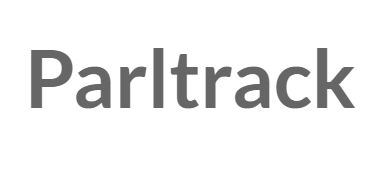
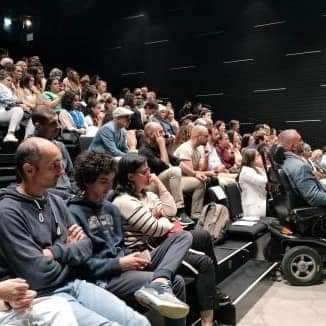
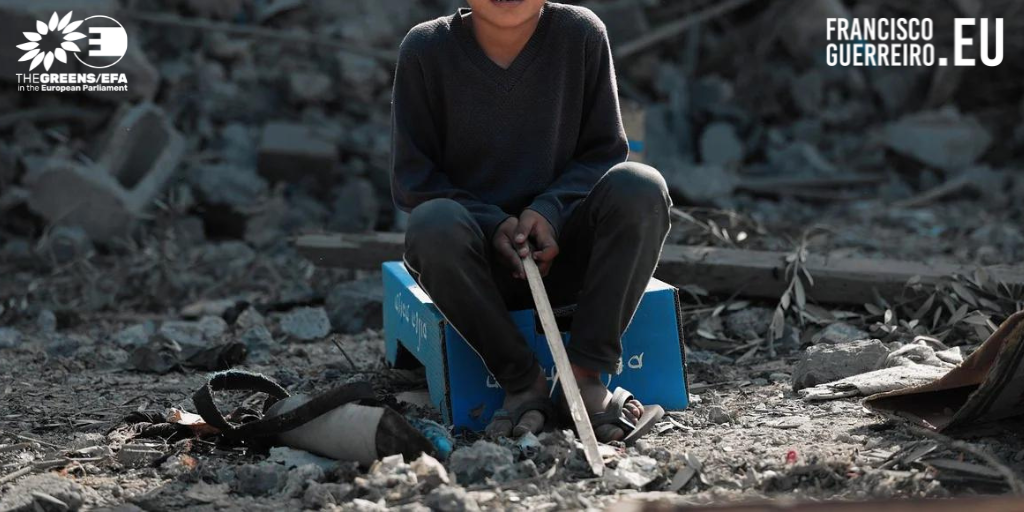
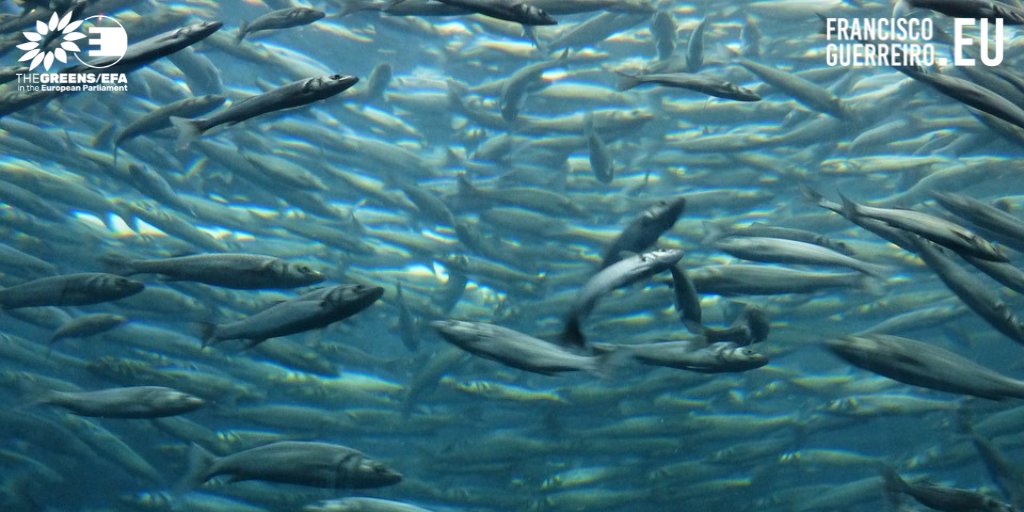
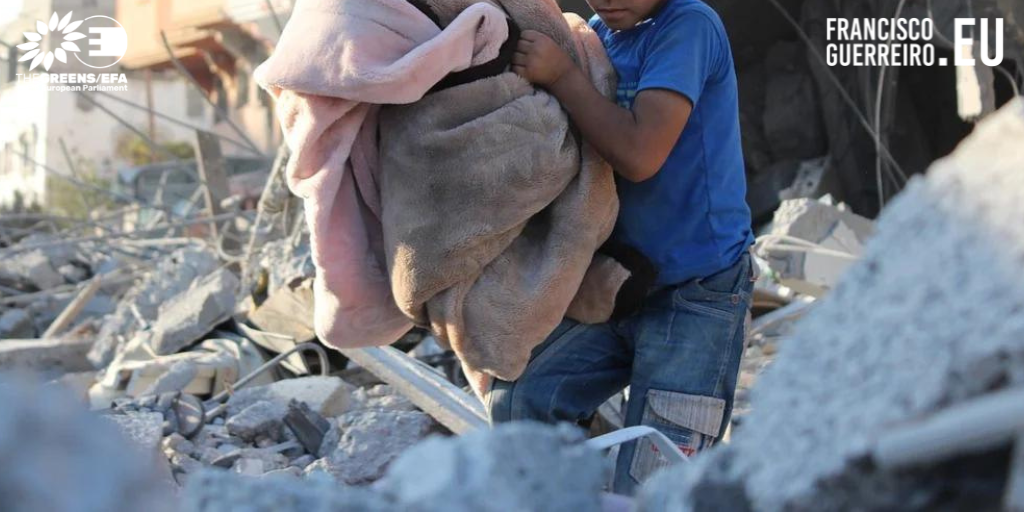
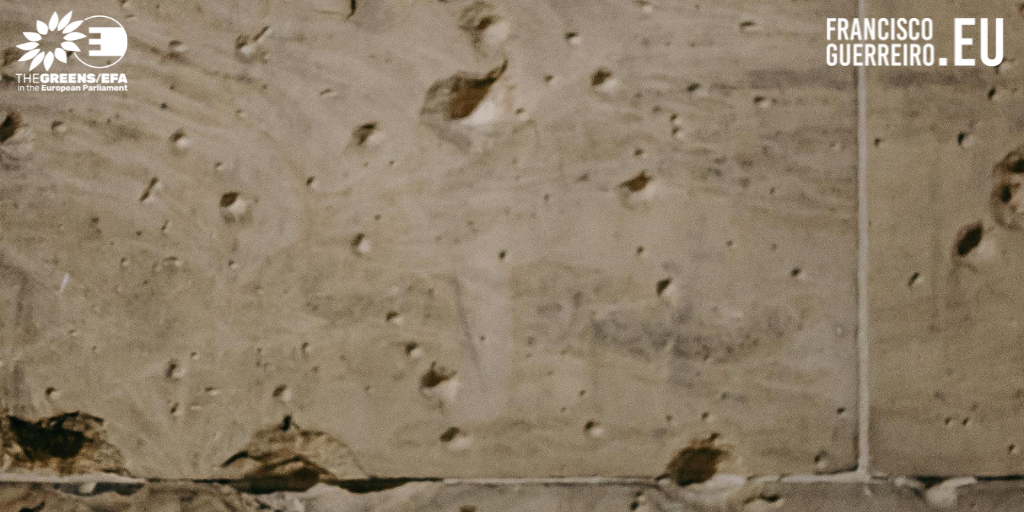
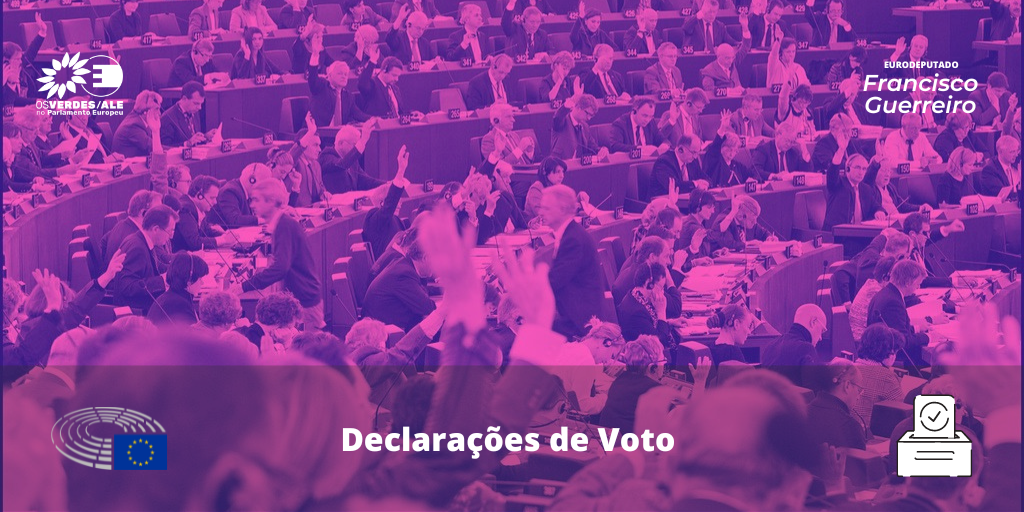
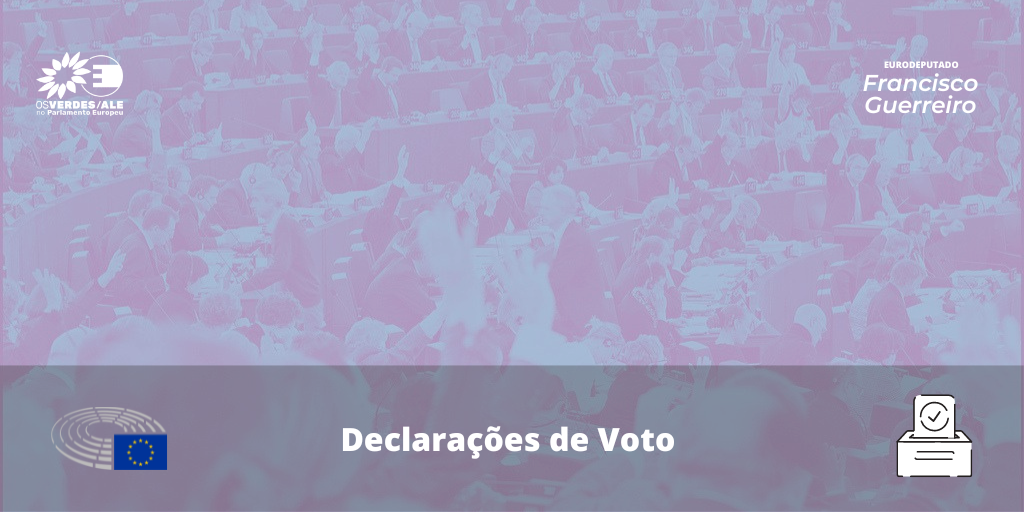
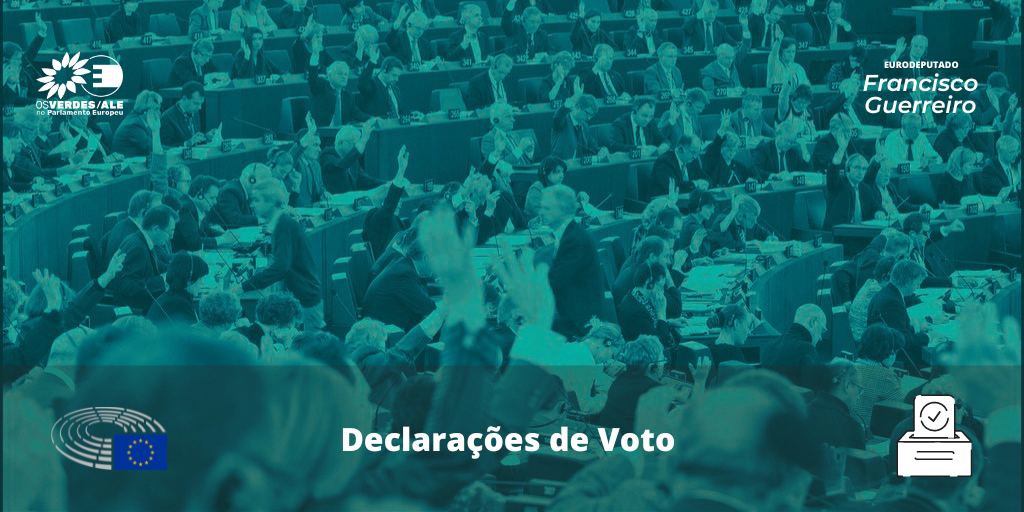
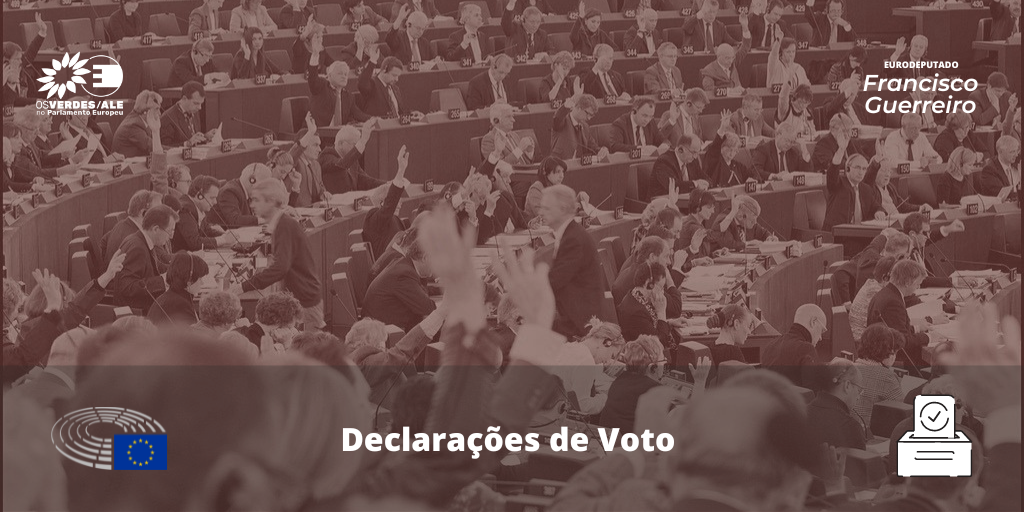
ParlTrack - Francisco Guerreiro considered one of the most productive MEPs
Monday, 01 July 2024
The analytical website ParlTrack has recorded all the parliamentary actions of MEPs during the 2019-2024 term, considering Francisco Guerreiro one of the most productive.READ MORE